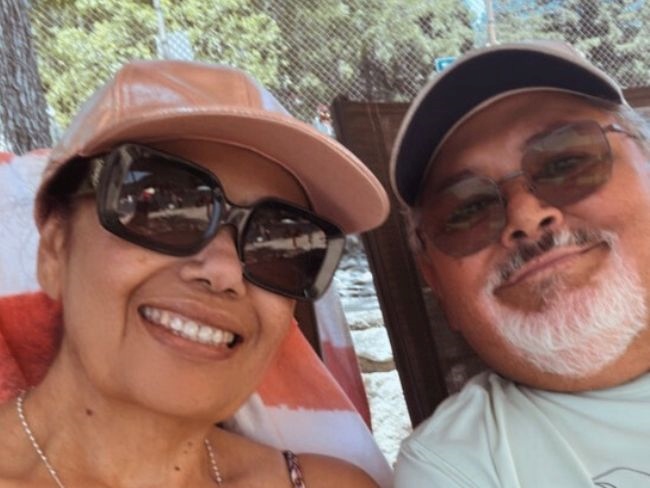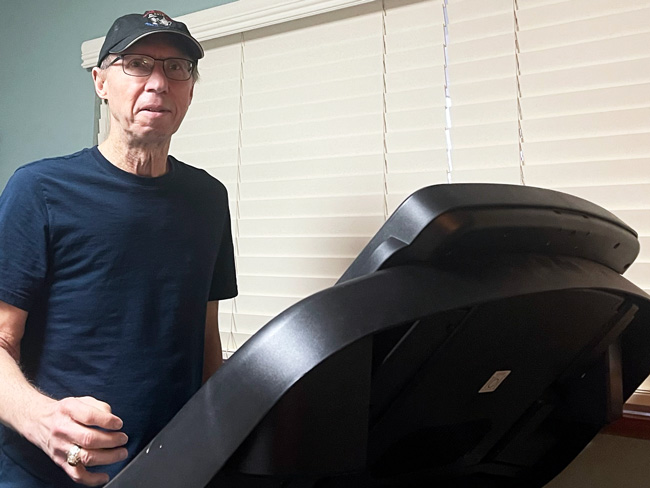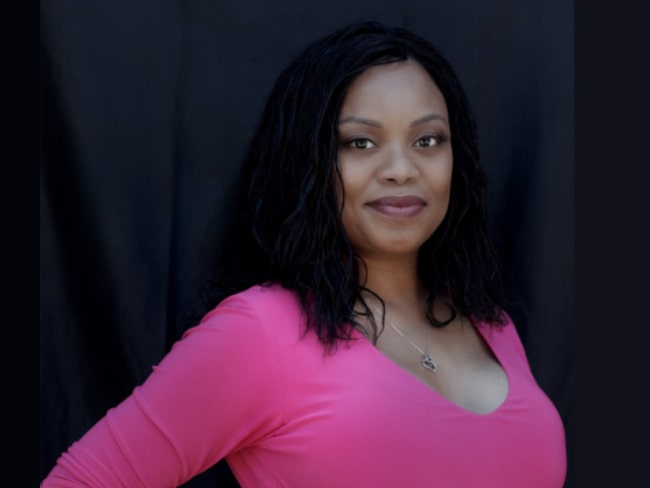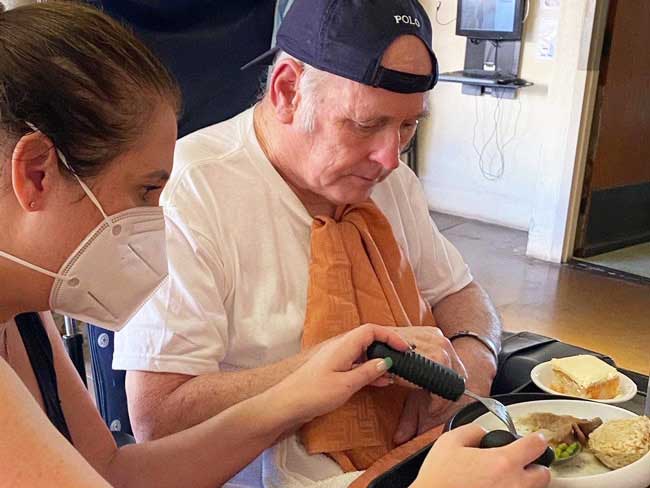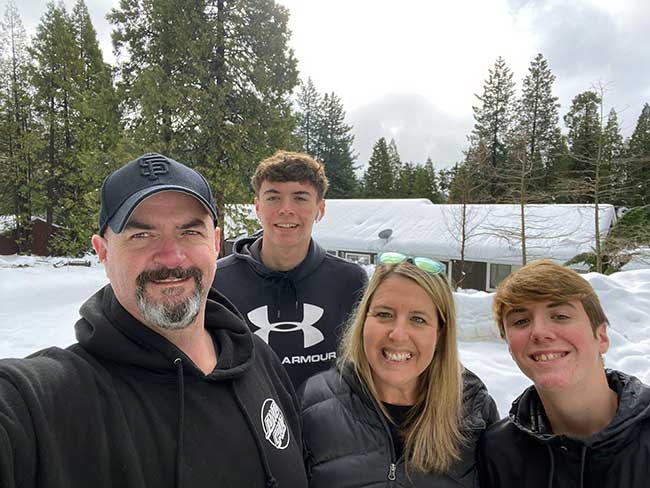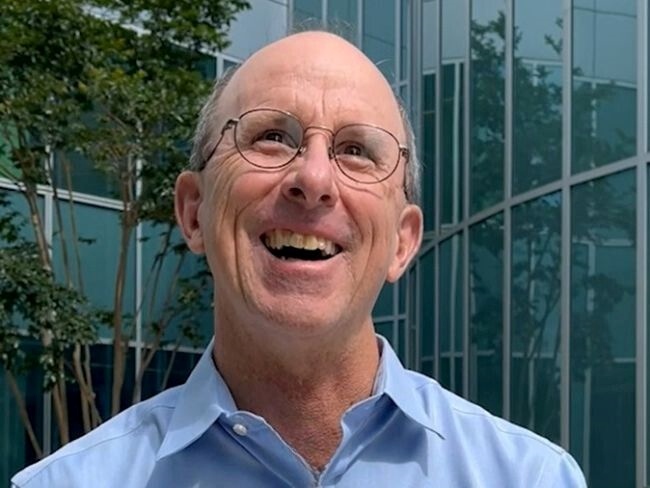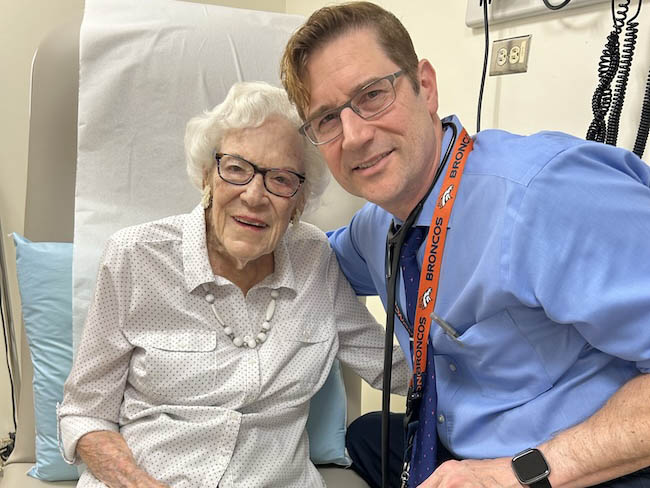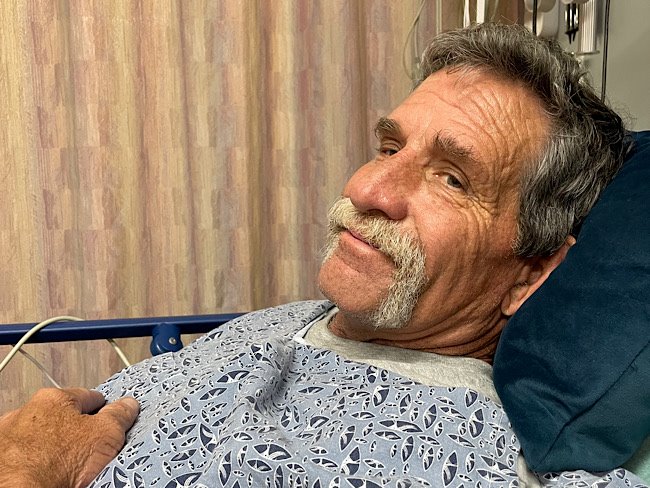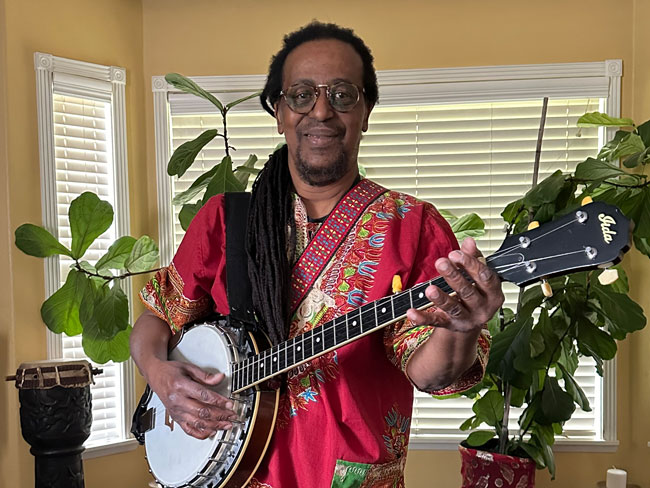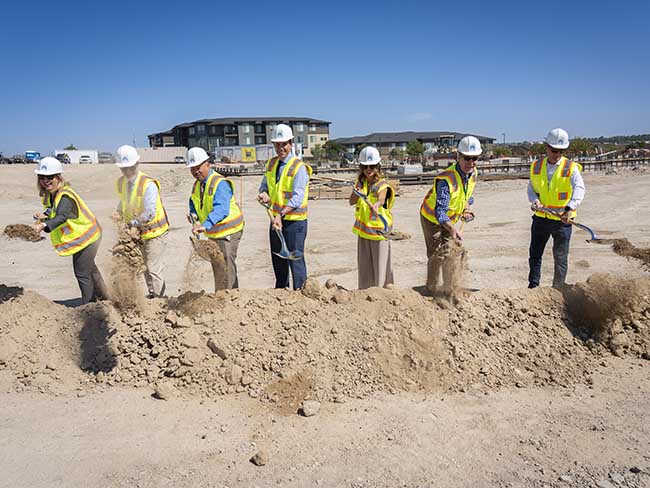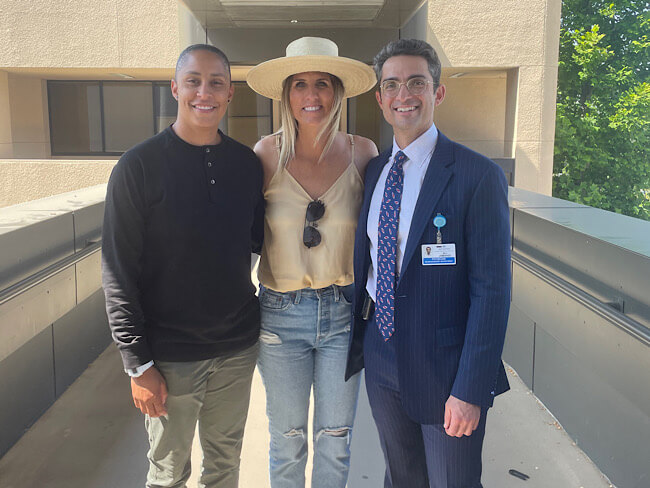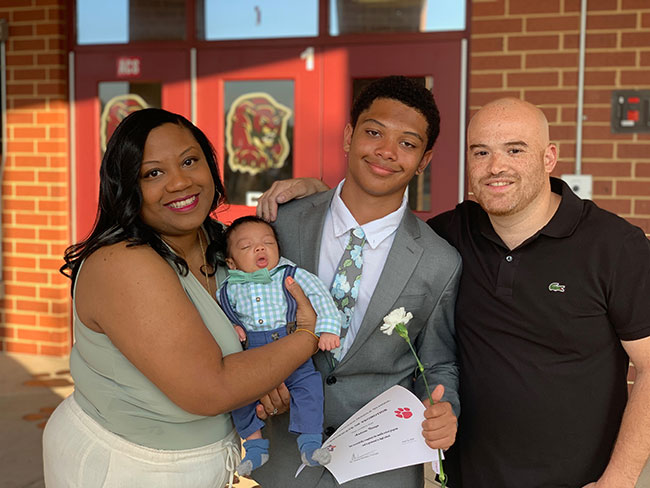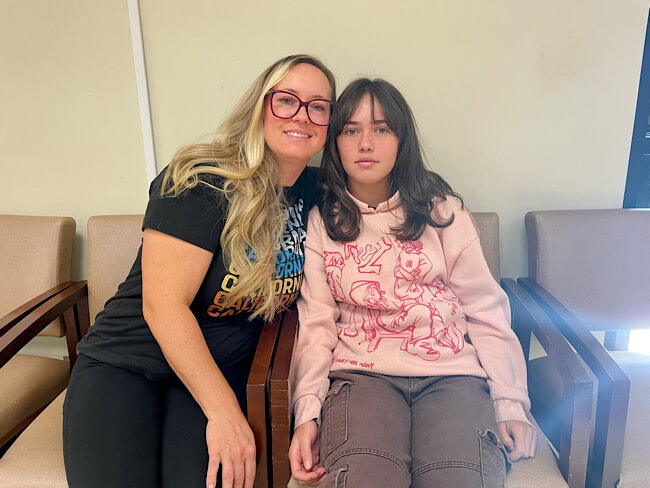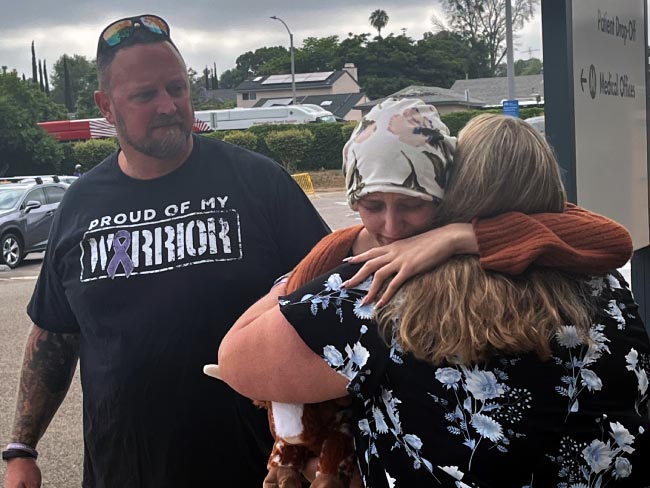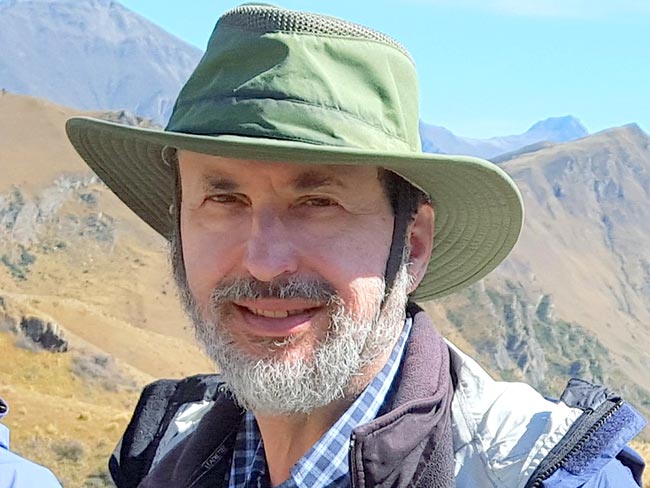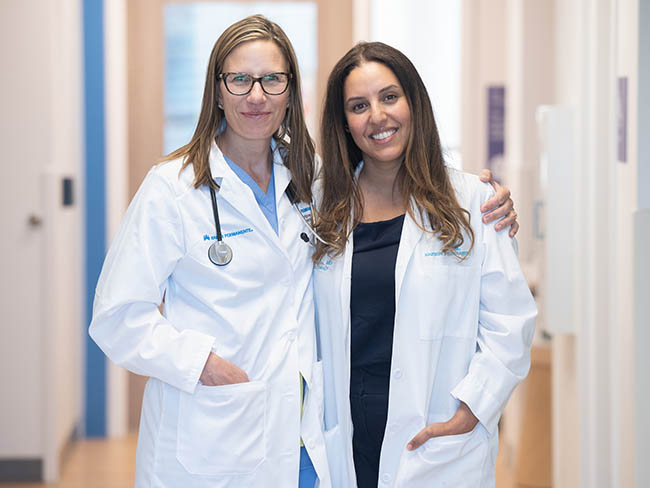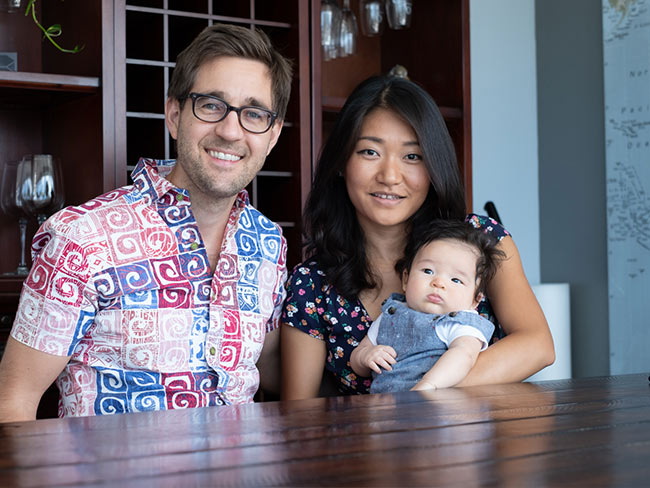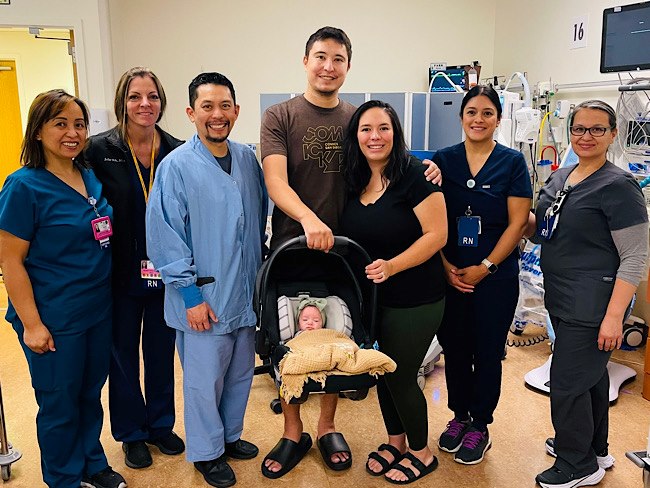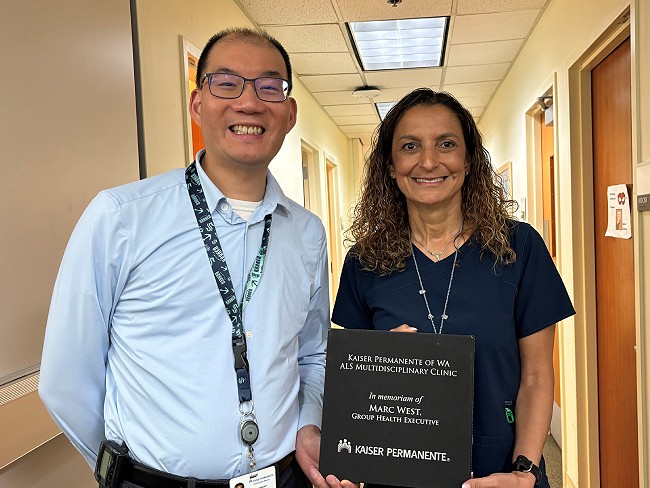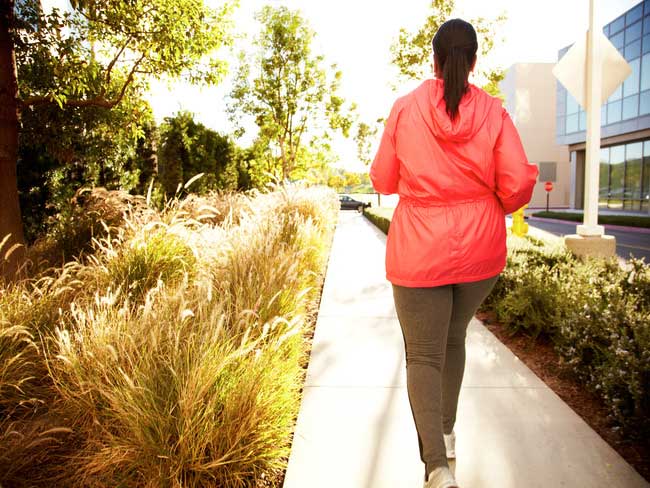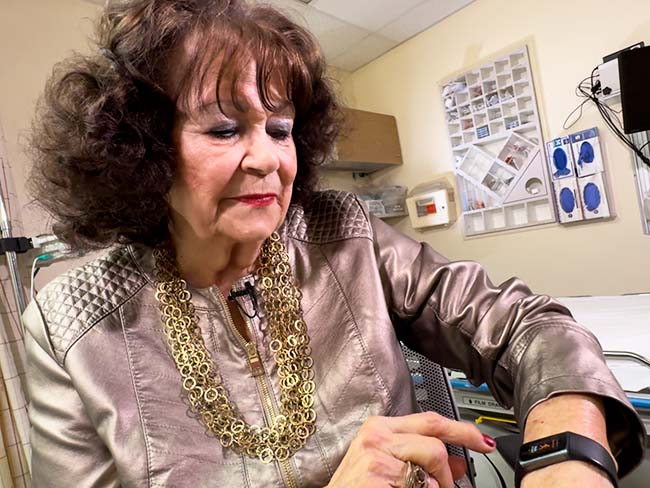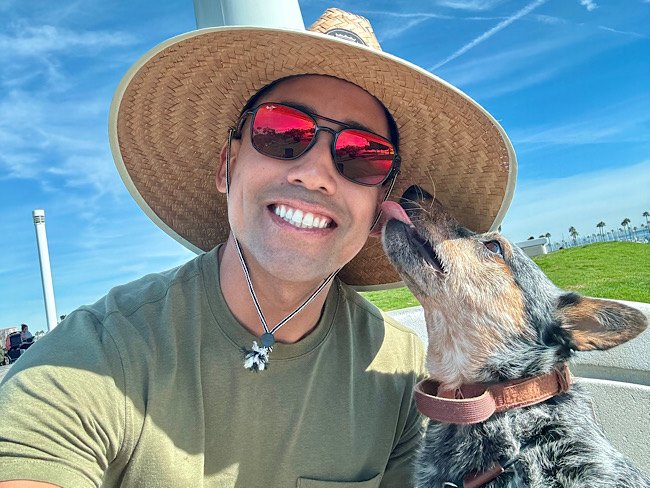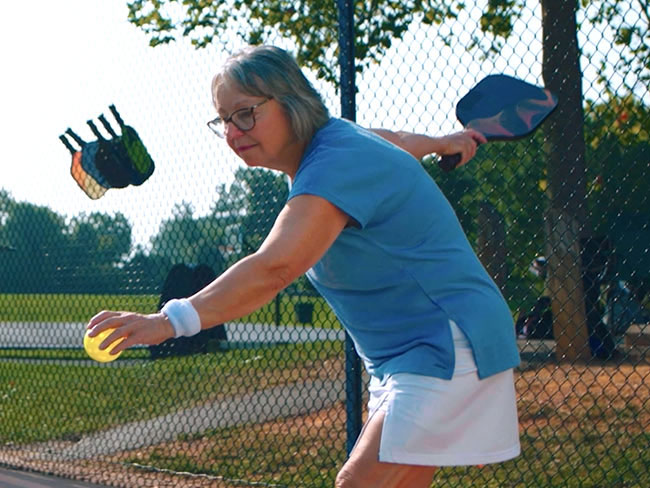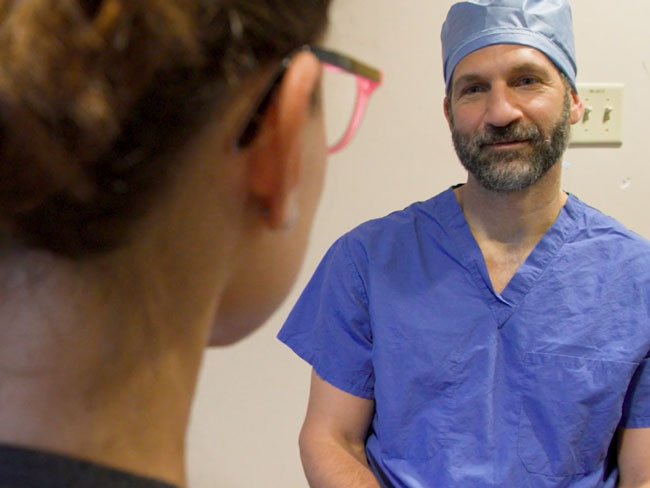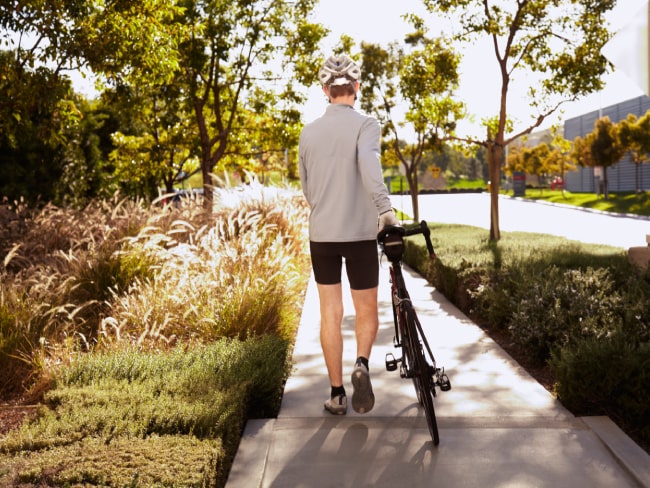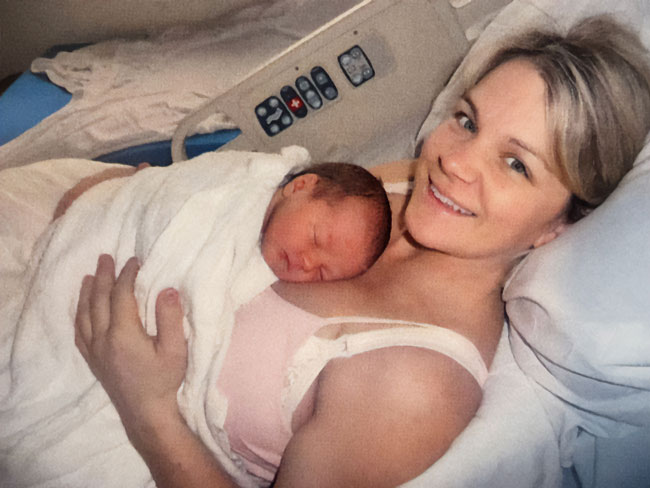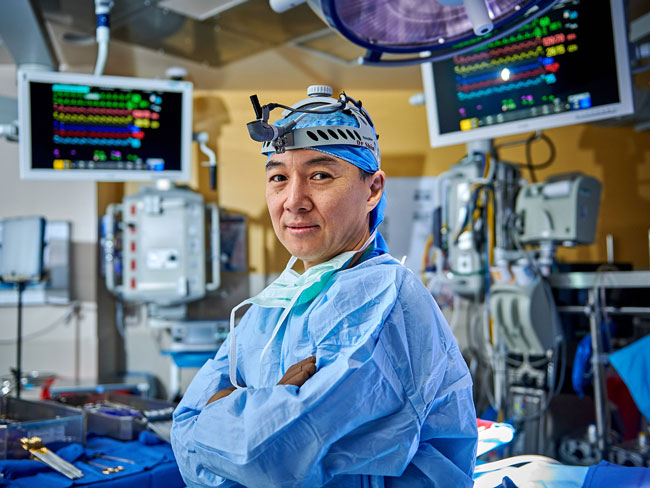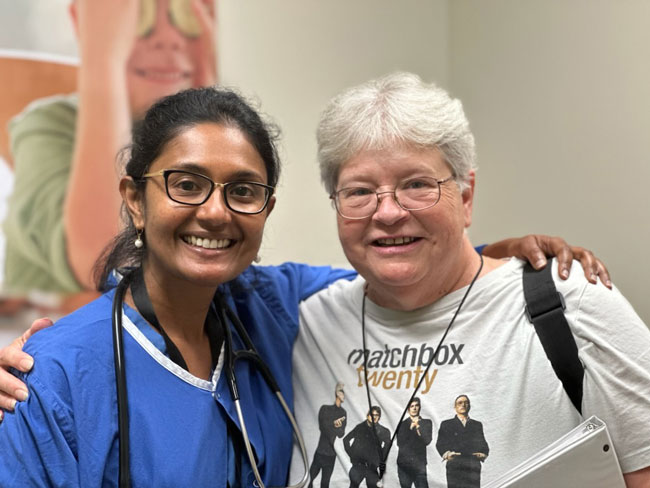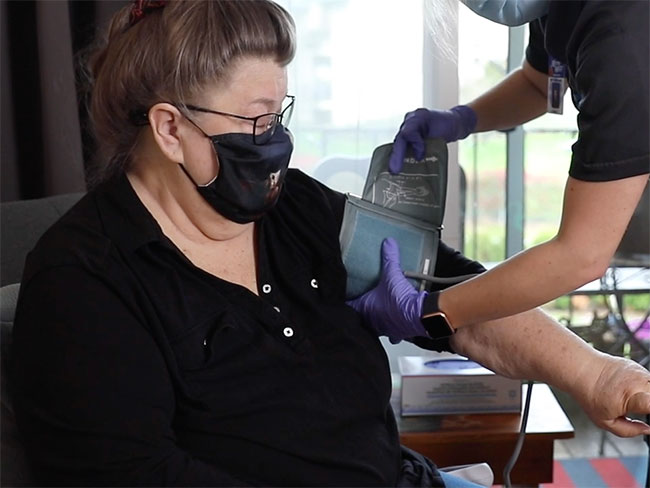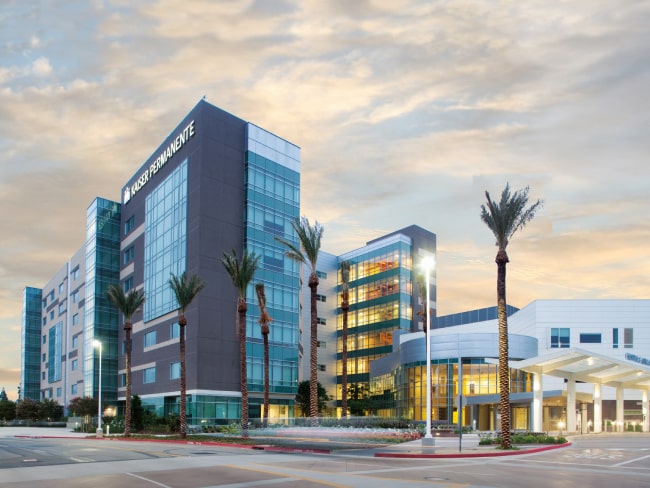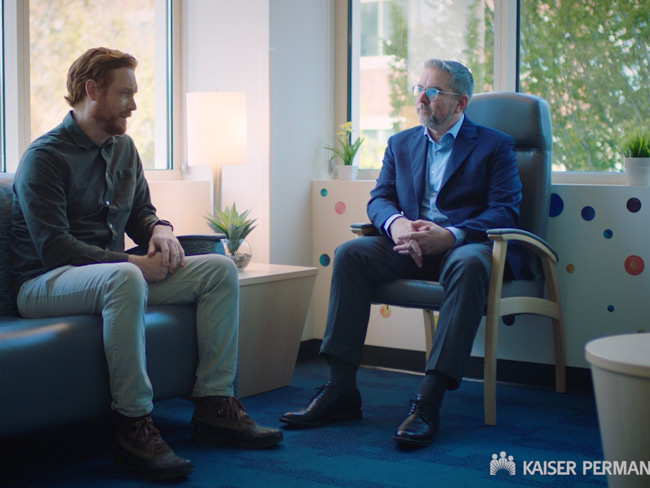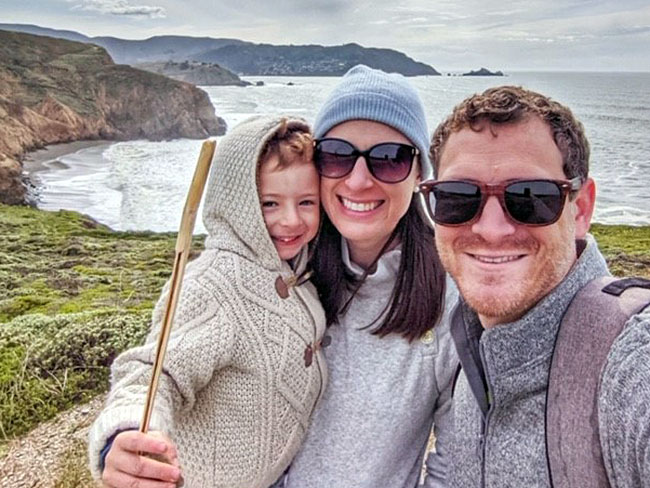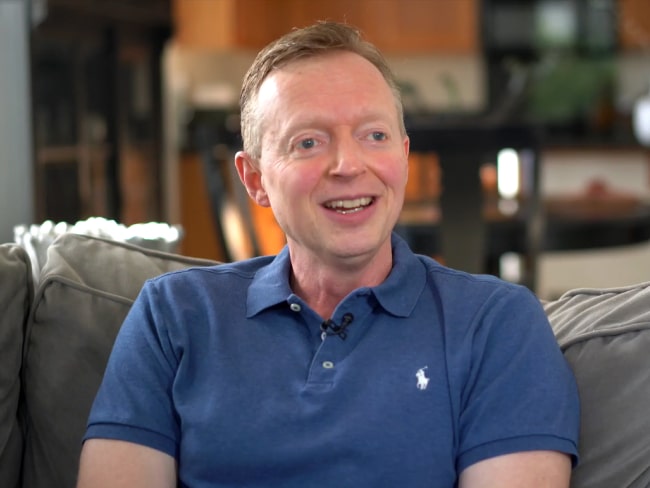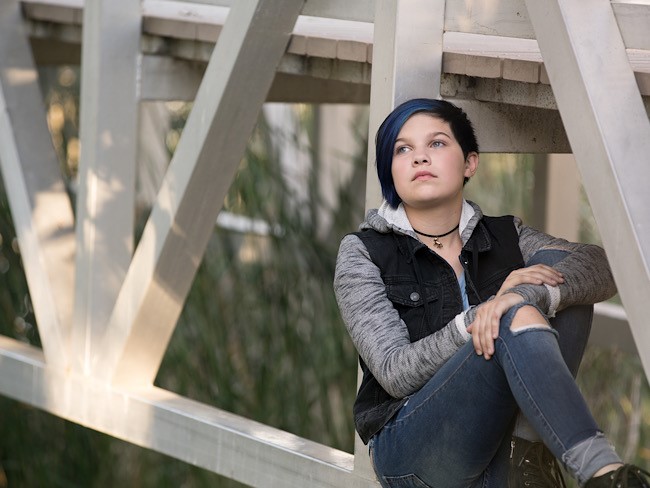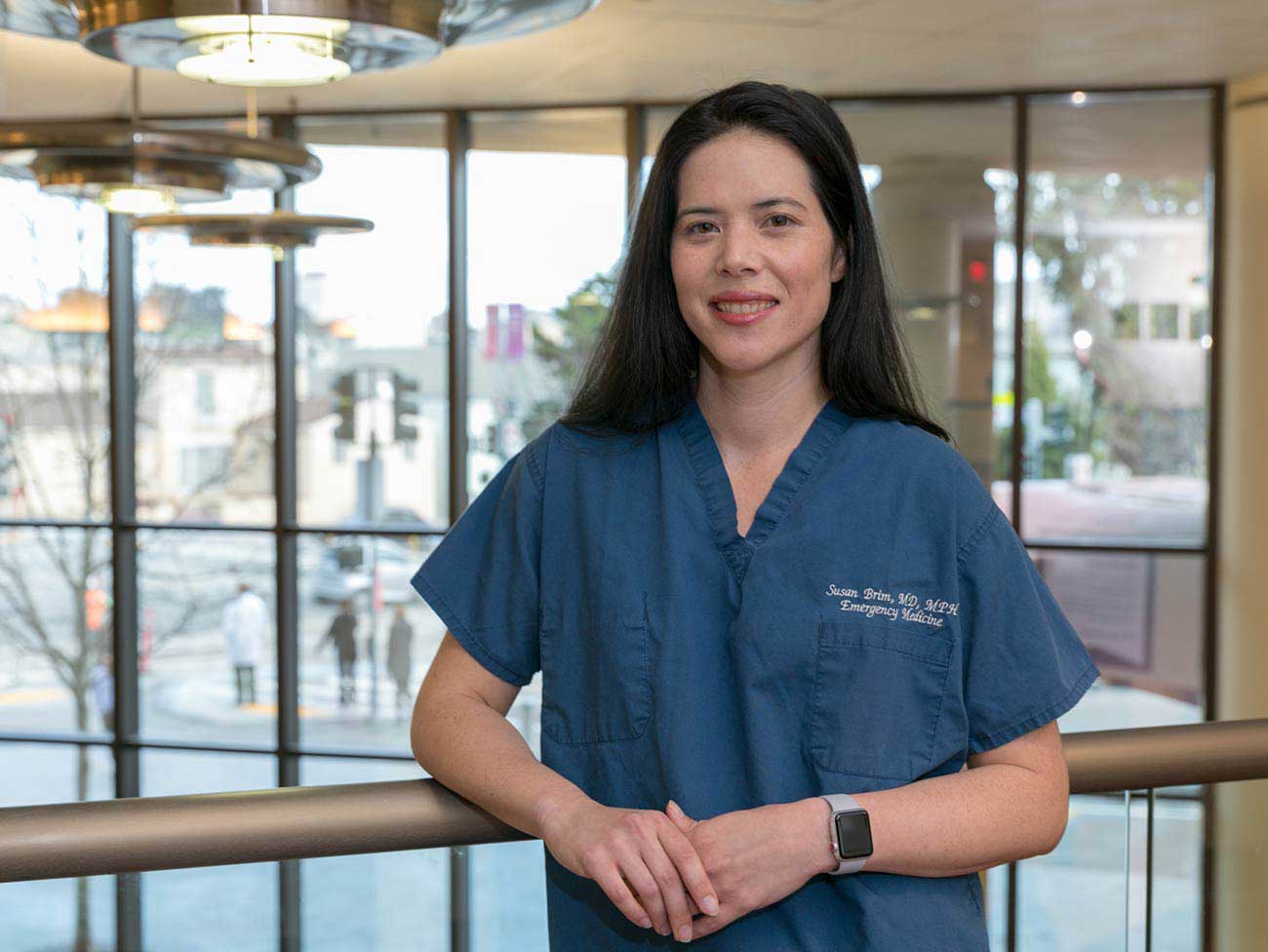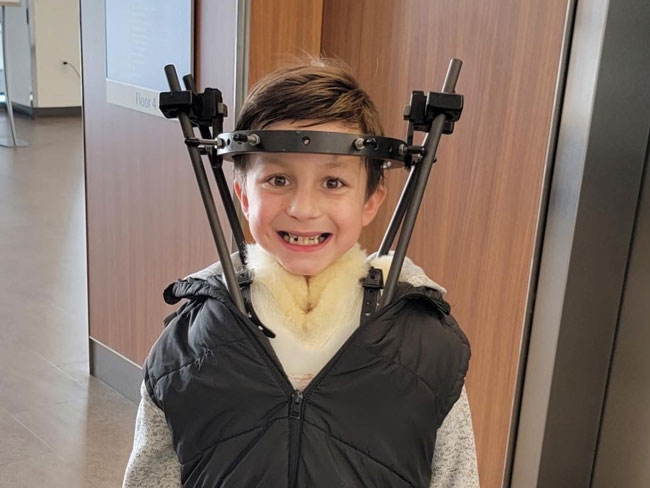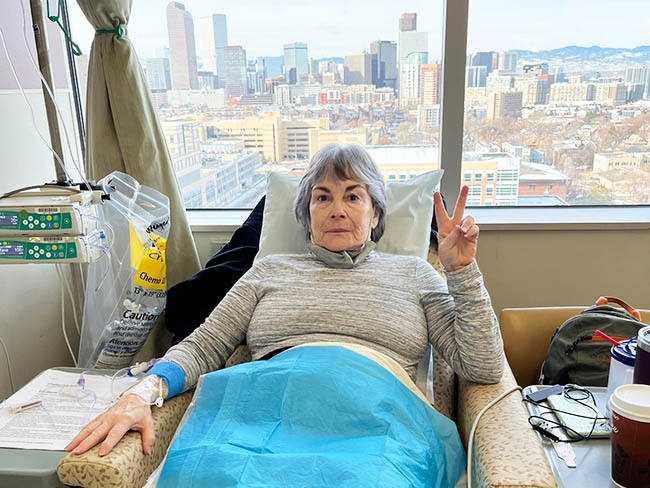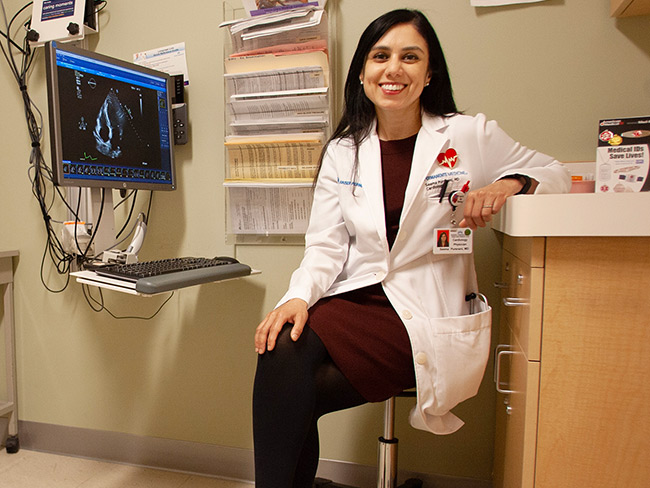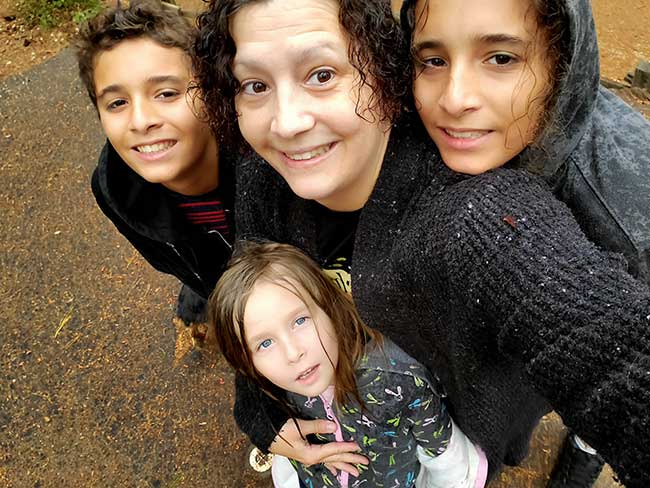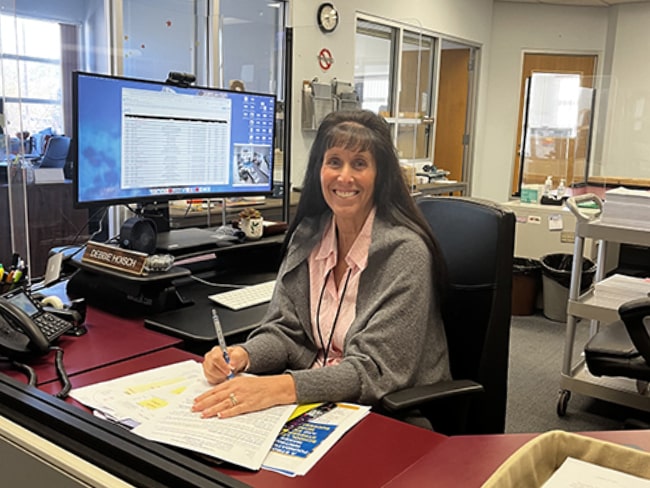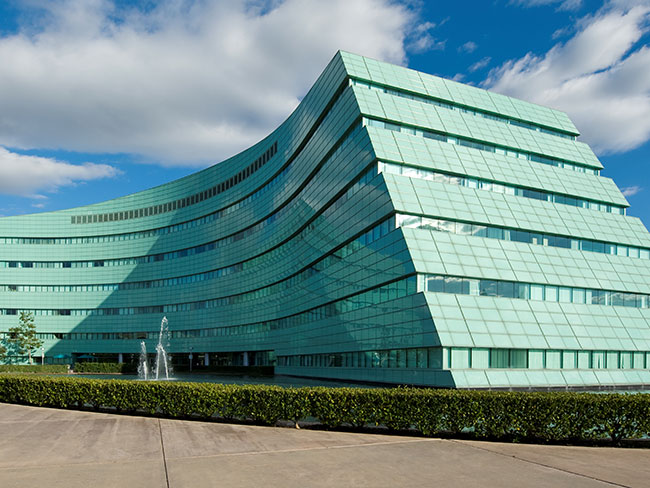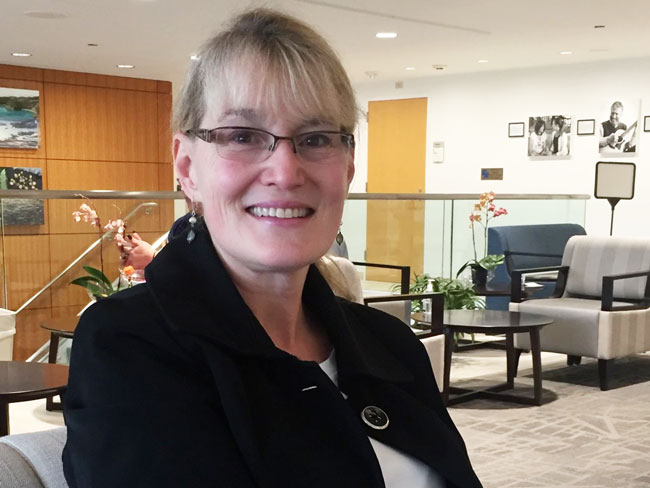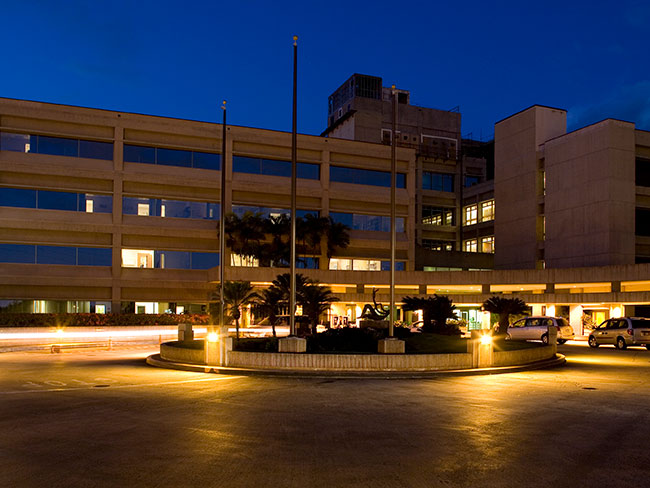Navigating a world turned upside down after heart failure
After a life-threatening series of heart attacks at age 57, Bunnell Fockler found critical healing support from a cardiac social worker.
Bunnell Fockler, from Vancouver, Washington, enjoys a fishing trip after recovery from cardiac and kidney failure.
As a cardiac social worker at the Kaiser Permanente Mt. Talbert Medical Office in Clackamas, Oregon, Allison Lipnick plays a key role in the health journey of patients who need heart transplants and other advanced therapies. “My role is to talk about the nonmedical pieces that affect quality of life,” she said.
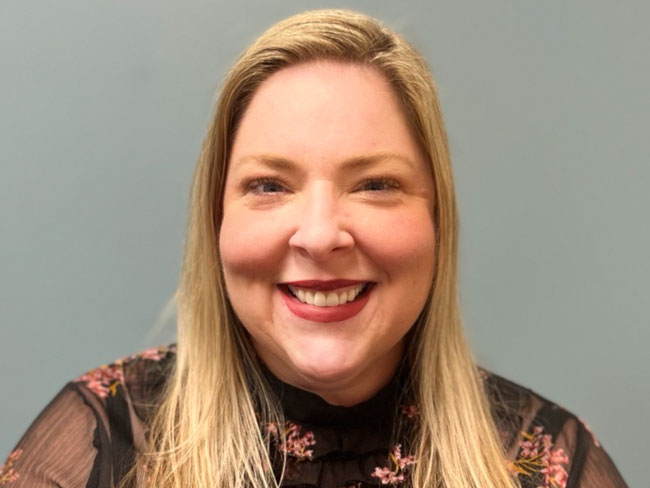
Cardiac social worker, Allison Lipnick, was with Bunnell and his family every step of the way after cardiac failure.
The importance of her role came into sharp focus for Bunnell Fockler, from Vancouver, Washington. In 2022, Fockler suffered a series of life-threatening heart attacks, which left him in critical need of a heart transplant.
Lipnick was with him and his wife, Kathy Fockler, every step of the way after his initial treatment, helping to ease difficult decisions and navigate the complex and often unseen logistics of long-term care.
A sudden, life-threatening cardiac event
In March 2022, Fockler was a 57-year-old father of 2 and an avid outdoorsman who worked as an engineering technician at Intel in Oregon. Despite having no history of heart problems, he’d had a sudden heart attack while home alone. He was resuscitated by emergency responders but had 2 additional heart attacks from which he was resuscitated after arriving at the hospital.
In the months that followed, with the support of his Kaiser Permanente cardiac team, he would be put on life support and have 3 artificial heart pumps and 4 stents implanted. As a result of the heart attacks, he experienced kidney damage that required dialysis.
Allison is an angel and helped us navigate the whole system. Every time Bunnell was in the clinic, she would pop in to see if there was anything that we needed. Kathy Fockler, Kaiser Permanente member
Fockler was readmitted to Kaiser Permanente Sunnyside Medical Center in Oregon as his body began to shut down due to ongoing heart issues. When it became clear that transplant was the only option, his Kaiser Permanente team coordinated with the Stanford Medical Center Heart Transplant Program and he and Kathy took a medical flight from Sunnyside Medical Center to Stanford Medical Center to wait for surgery.
Thankfully, on his birthday — one year after his heart attacks — doctors at Stanford’s cardiac intensive care unit notified Fockler that there was a heart and kidney available for him. It was a precious gift and the culmination of a long journey for him and his wife.
A problem-solving support system
The heart attacks turned the Focklers’ lives upside down as they navigated multiple hospital changes, surgeries, and mountains of paperwork. Fortunately, they had Lipnick on their side.
Cardiac care social workers can help Kaiser Permanente members in a number of ways that are specifically tailored to the needs of people going through advanced therapies.
“We’re problem-solvers,” said Lipnick. “I’m a bridge to things like addiction services or talk therapy. I also do a lot of caregiver support. When someone moves into a caregiver role, it changes the home dynamic and affects your relationship — even for couples who’ve been married for decades.”
Lipnick also helps people navigate logistics such as disability and insurance coverage and changes in employment. And she educates them about how to protect their immune system and manage life with cardiac disease.
Lipnick stays tightly integrated with the medical team and tracks cardiac patients’ progress.
'She kept showing up'
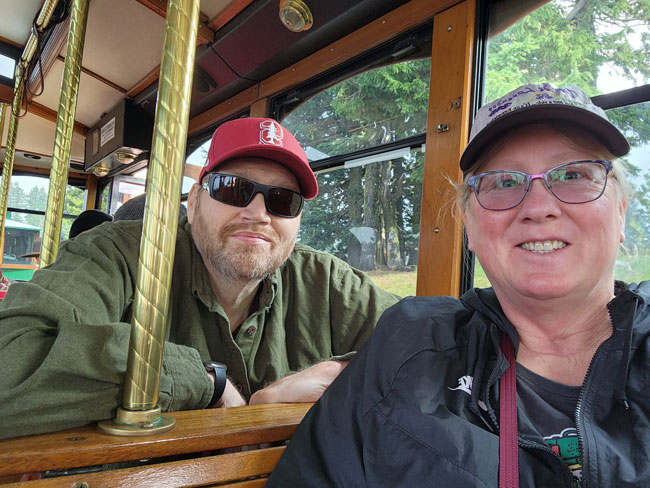
Brunnell and his wife Kathy, on a recent vacation, credit Allison and the Kaiser Permanente cardiac team for a successful recovery.
“Allison is an angel and helped us navigate the whole system,” said Kathy Fockler. “She kept showing up. Every time Bunnell was in the clinic, she would pop in to see if there was anything that we needed.”
At one point, despite submitting 1,000 pages of medical records describing her husband’s complex health situation, Kathy Fockler was told that he didn’t qualify to be off work or to collect disability insurance. Lipnick stepped in and was able to resolve the issue.
“She would also explain what to expect, how we’re going to get there, and what demands would be put on Kathy as caregiver,” said Bunnell Fockler.
Today, Bunnell Fockler is closely monitored by his Kaiser Permanente cardiac team to make sure his new heart and kidney are healthy — and Lipnick remains available for any questions. He’s building up his strength and stamina to get back to the things he loved to do before his heart attack: fishing, hunting, and working on a house that will allow him to be closer to the outdoors.
As Lipnick says, “People go through all this so they can live.” And that’s just what Fockler is doing
Learn more about heart health and cardiac care at Kaiser Permanente.






